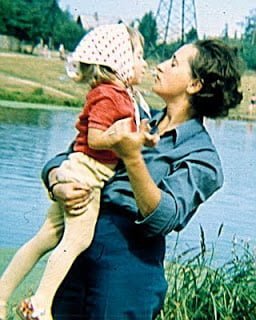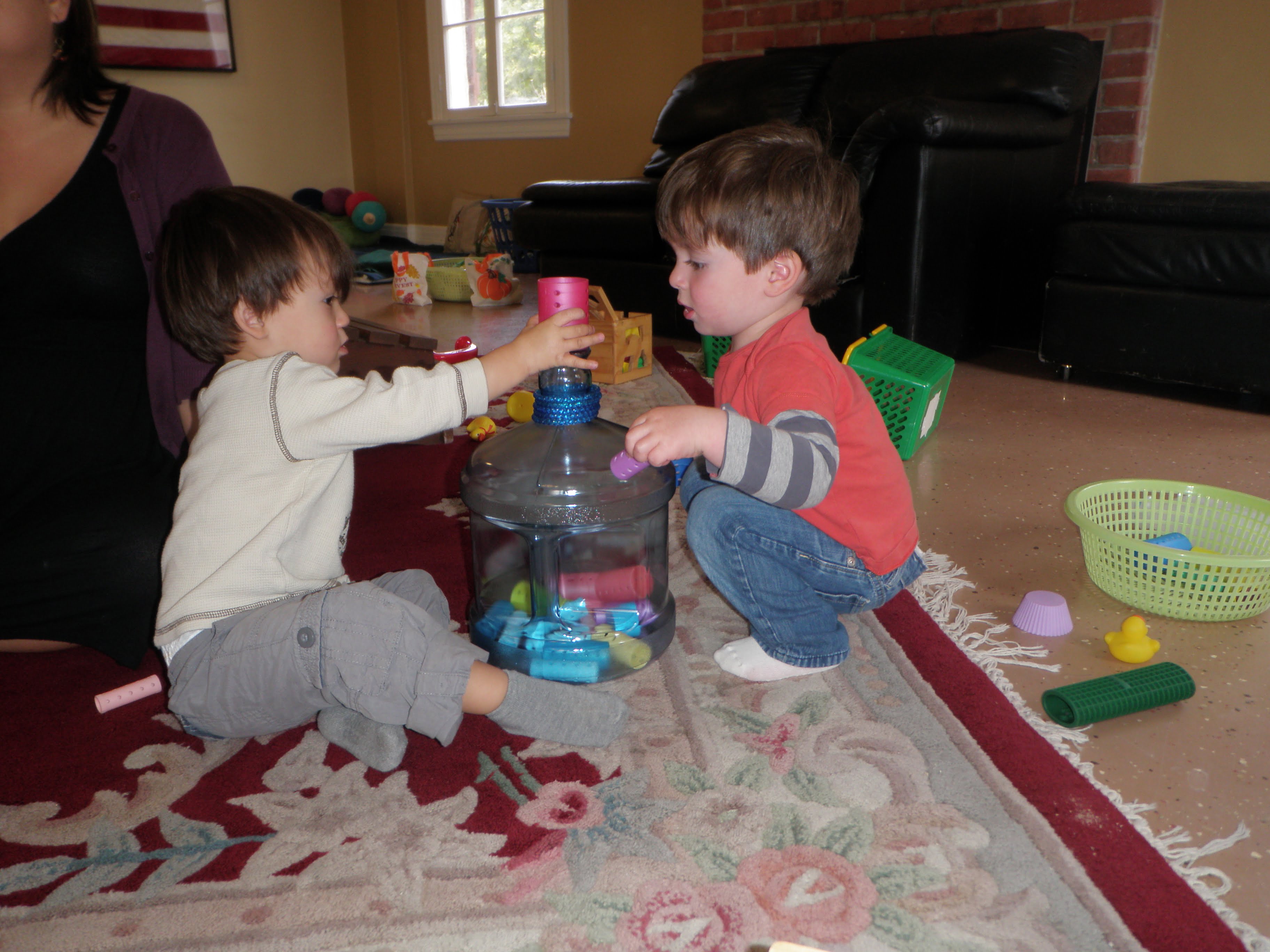I am reading the book “Pedagogy for All” by Simon Soloveichik. One of the chapters left a huge impression on me, and so I would like to share this chapter with you.
Breakfast together
Matthew and his father are sitting together in the kitchen. Matthew is eating spaghetti and making some mess around his plate. His dad decided not to correct his behavior and not to tell him that he was eating sloppily. He understands that when Matthew is in preschool, he eats properly, but today is a weekend, so he’s giving Matthew a break. Dad felt that relaxing is more important in this moment, and does not experience fear that his son will grow up without being able to eat properly. He trusts that his son will be okay.
Matthew’s dad feels some kind of tension and unease in Matthew, so he decides not to make any comments about the mess. Instead, he wants to talk about something more pleasant.
This evening, Serge is coming over for a visit. He is a good family friend and a great storyteller. They’ve been waiting for Serge for some time now. Maybe Matthew picked up on some frustration in his dad’s voice earlier or maybe something else was going on.
Matthew said, “I don’t want Serge to visit us.”
Dad asked, “Why?”
Matthew stopped eating and started thinking about the reason. It is not easy to come up with a reason. Found it! “It’s because our house is too small.”
It was very tempting for Dad to say that it is a silly reason, but it is not silly. Think about the fact that Matthew came up with something unusual, but also quite reasonable in fact. Here it would have been a good time to give him a hug and a kiss and tell him how clever he is, moving on to a joke.
Instead, Matthew’s dad protested in a serious voice, “We already agreed with Serge and it would be unfair to tell him not to come.”
I hate you!
Matthew swallowed the last of his spaghetti and thoughtfully said, “I hate you.” Ouch!
The dad has torn apart into two people, a pedagogy, and a human; love towards his son is fighting with his inner frustration. Something inside him thinks, “How dare a five-year-old child say such words??”
Dad tells himself, “Many things have happened before. This is something new.” Maybe Mathew heard this phrase in preschool and simply brought it home with him. “What should I do now?” He thinks to himself. “Should I become upset and hurt? But I’m not really upset and hurt. Should I pretend to be upset to teach him a lesson? Or perhaps I should turn this into a joke? But I can’t because he might feel like he genuinely hates me at this moment.”
With the most calm, serious, and unflustered voice, Dad asks, “Why do you hate me?”
Matthew explains, “Because you want Serge to come, but I don’t want Serge to come.” Dad feels frustration rise inside himself once again. Of course, he loves his boy, but right now, he hears a lot of “no’s” and “I don’t wants.” That being said, the dad thinks about how it is important for the boy to have “wants” and “don’t wants.” After all, Dad wants Matthew to grow up having a lot of self-motivation, having a lot of healthy “wants” and “don’t wants” in the future. He doesn’t want an unmotivated 25-year-old son in the future.
An idea
Dad comes up with an unusual idea. Dad asks Matthew, “What if we meet Serge in front of the house on the porch?”
Matthew agreed. Dad believes that the boy realized that his father gave him the opportunity to save face (meet halfway), without caving into his emotions in response to those hateful words. Dad’s suggestion to meet outside was kind of silly, but it gave Matthew a graceful exit strategy. Matthew’s feelings were taken seriously and not invalidated. Matthew got an opportunity to cooperate and work with his dad to find a solution. In a way, by agreeing to meet Serge outside, Matthew was able to sort of apologies without actually saying the words “I am sorry.”
Traditional way
The more traditional way of dealing with this situation would have been to place Matthew in time-out and force him to say sorry. And he probably would have apologized and promised to never say “I hate you” again. But the lesson would have been that he is small and without power under Dad’s authority, that he is his subordinate, and that Dad has all the power to make all the decisions.

In the end, Serge came over for a visit. They all sat on the front porch. Serge told a fascinating story and carved funny faces on some oranges that he brought. Later that night, when Dad was tucking Matthew into bed, Matthew told his father, “I really love Serge and I’ve known him forever.”
***
Letter from a reader
Later on, when Dad published this chapter, he received a letter from a reader, Helen. She was very disappointed with the Dad’s response to the boy. Helen said that the only thing the little boy learned that day is that he’s allowed to say “I hate you” for any small reason at any time when he’s upset with somebody. She said that in his place, she would have nipped this issue in the bud and explained to the boy that it is inappropriate to say “I hate you” in situations like these. In order to say this phrase, the situation must be truly extreme. The word “hate” is a scary word and can really hurt and offend good people.
At first, if you look at Helen’s thoughts, she seems correct and it’s hard to argue with her. She sounds very convincing, reasonable, and appropriate.
Connection
However, Dad believes that with his approach, Matthew had more opportunities to learn about emotions, and relationships, and to connect with his dad on a deeper level. He knew that when he said the words, “I hate you” , that they were painful words even if he doesn’t fully understand the meaning. And if Dad would have gotten upset, then he would have taught his son that you can reach your goal of making other people upset. Matthew then may have learned to use the phrase to evoke anger out of his father in the future. Dad didn’t want to teach Matthew how to provoke anger. Instead, he wanted to teach his son how to build a healthy relationship and solve problems peacefully and compassionately.
It is interesting to consider that if Helen would have chosen to respond in the same way as Matthew’s dad to her own child, it may not have had the same effect because if she doesn’t believe in it and it is not genuine, it would have ended up being permissiveness on her part, allowing her child to be impolite instead of guiding her child to a new level.
In conclusion
This observation was an additional lesson for me — if you don’t believe in it, maybe it’s best to pursue another approach. There is no one single blanket solution for every parent.
To me, this was a story about how compassion saved the situation. “Pedagogy for All” by Simon Soloveichik explores a chapter where a father’s compassionate approach to his son’s outburst of “I hate you” leads to a deeper connection and valuable lessons in emotions and relationships, challenging traditional disciplinary methods. The story highlights the importance of understanding individual circumstances and choosing an approach that fosters empathy and problem-solving rather than escalating conflicts.
If you are interested, feel free to email or call me for more information about RIE® Parent-Infant Guidance™ Classes. (now available on Zoom).
Wishing you all the best in the difficult yet exciting journey of parenting!
Warmly,
Teacher Kira














